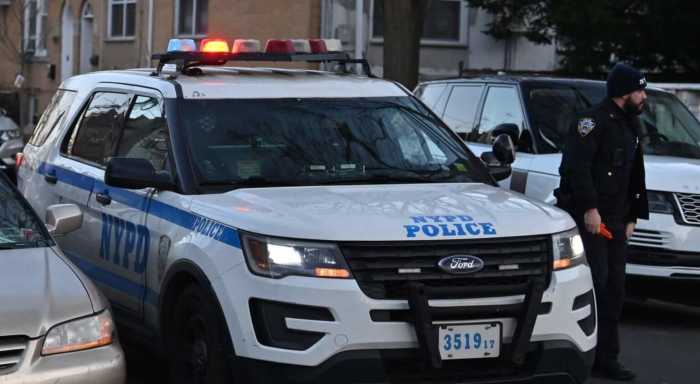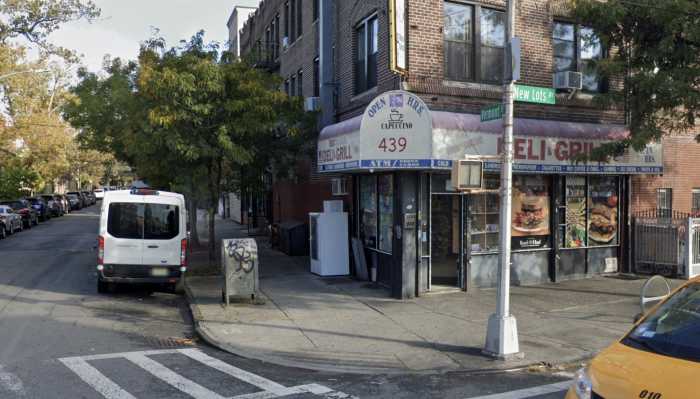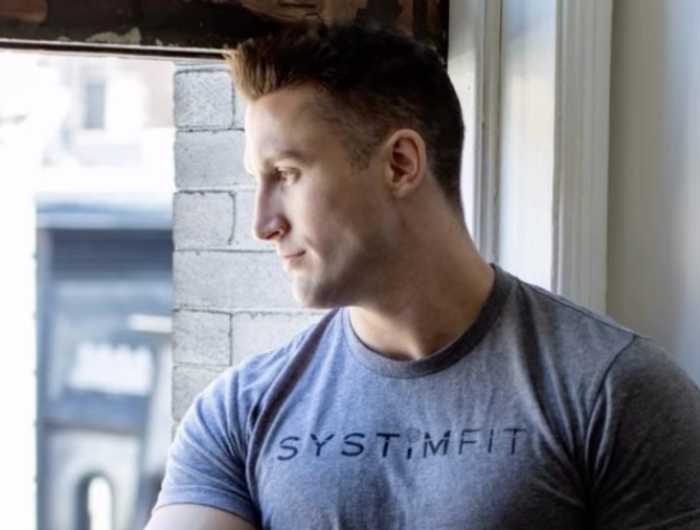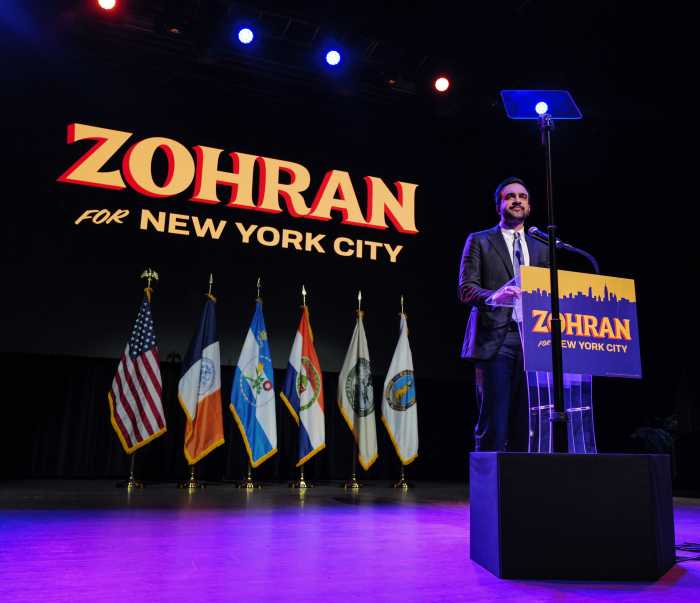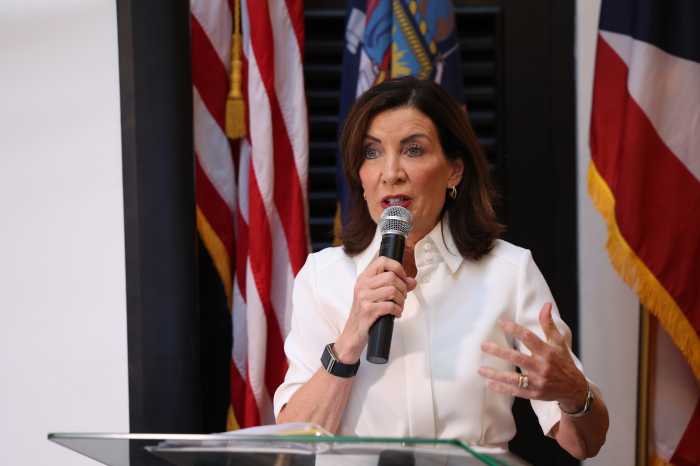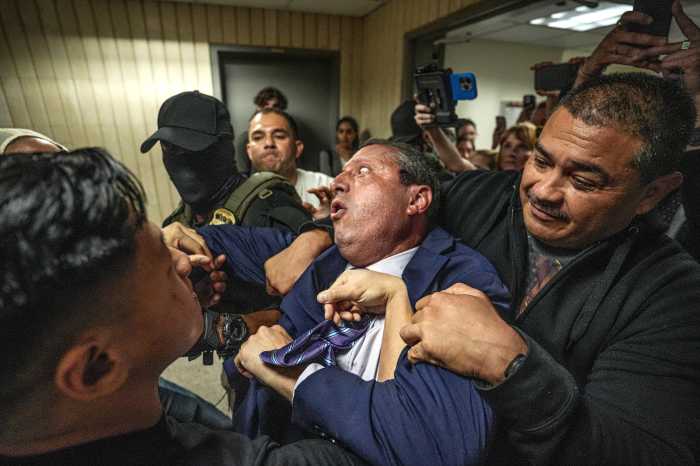Attorneys who are defending the accused killer of Edgard Mercado, a 39-year-old gay man, argued that the statements he made to police and prosecutors must be suppressed because he was in their custody but had not been informed of his Miranda rights when he made them.
“It’s the product of a Fourth Amendment violation and a Fifth Amendment violation,” said the attorney for Davawn Robinson at an August 22 hearing in Manhattan Supreme Court, referring to a letter that Robinson gave to police.
Robinson, a 24-year-old gay man, faces one second-degree murder count in the September 18, 2009 Mercado homicide. Robinson is alleged to have strangled Mercado in the older man’s Avenue C Manhattan apartment. In his statements to police, Robinson admitted to the killing, but said he acted in self-defense.
While still in Mercado’s apartment, Robinson called 911 on his cell phone at roughly 3:30 a.m. and told the operator that he may have killed someone. He did not identify himself, but he was heard speaking to someone named Sheema on another phone.
Police had Robinson’s name from his cell phone account. His sister, Sheema, was associated with that account. They traced that phone to his New Jersey apartment building that same day. Once in the building at roughly 9:45 p.m., they overheard two people talking and one of those two called the other Sheema. Police spoke to her, but she denied knowing a Davawn. Sheema refused to speak to them, entered a fourth floor apartment, and closed the door.
“Here was somebody who attempted to disengage,” said Robinson’s Legal Aid Society attorney. (At a break in the hearing, that attorney declined to give her name, saying, “It’s in the record.”)
Police knocked on the door and Deborah Brown, Davawn’s mother, answered. The defense argued that Sheema had already denied them entry to the apartment, but police say that Brown allowed them in. They asked Davawn to accompany them back to Manhattan and he agreed, saying, “I just want to tell you my side of the story.”
Davawn and two detectives exited the apartment. They paused in the hall while Robinson was briefly frisked. When the defendant’s younger cousin began crying hysterically in the hall and people began stepping out of their apartments, police handcuffed Davawn and took him down the hall, where he was uncuffed.
The defense argued that Robinson was in custody at that point and that police were legally required to inform him of his Miranda rights.
The prosecution maintains that Robinson was handcuffed for his own safety.
“In order to undo that custodial detention, the police needed to do more than proffer an illogical explanation,” Robinson’s attorney said. “I don’t think that just uncuffing him erases the taint of that custody.”
Police say that Robinson and the detectives went outside, where Davawn sat in the rear of an unmarked police car. He gave police a document described as a “letter” or a “poem” entitled “I Killed a Man Dead.”
Once back at the 9th Precinct in the East Village, Robinson was Mirandized at 12:20 a.m. on September 19 and again at 1:30 a.m., when he gave a videotaped statement. Altogether, he gave seven statements to police and prosecutors. He also surrendered the letter. The defense argued that those statements were the “fruit of the unlawful custody in the hallway” and should be suppressed.
The prosecution disagreed, saying that police had consent to enter the apartment and that Robinson was handcuffed in response to the uproar in the apartment hallway. The defendant also agreed to talk, the prosecution argued.
“Consent in this case was both explicitly verbal and tacit,” said Leila Kermani, the assistant district attorney who is prosecuting the case.
In his statements to police, Robinson said he met Mercado at Chi Chiz, a West Village gay bar since closed. They purchased cocaine there and took a cab to Mercado’s apartment. Once there, Mercado said they would be joined by someone named Tony, though Tony never arrived. Mercado, who did not speak after that, Davawn said, then produced a length of rope.
“It was just either me or him,” Davawn told police. “He had some kind of look in his eye. He just turned towards me. He had the rope in his hand. He never said anything.”
Davawn strangled Mercado, took Mercado’s laptop computer and cell phone, and fled the apartment.
The judge in the case, Jill Konviser, will issue a decision on the admissibility of the statements by September 29.
In 2010, Kermani responded to federal subpoenas from an attorney representing four men who were arrested for prostitution in Manhattan porn shops. Those arrests, which were part of a wider effort to shutter porn shops, are seen as false arrests in the gay community.
The federal subpoenas sought records related to an investigation the Manhattan district attorney made into those arrests. Initially, Kermani disclosed that the arresting officers were never interviewed. Activists who protested the arrests were promised an investigation in 2009 by Robert Morgenthau, then the district attorney.
In a second response, Kermani asserted that the officers were interviewed as part of a “second, parallel investigation,” though the district attorney challenged the release of those records. Activists have never been satisfied that the district attorney’s investigation was sufficient.
Kermani is the second assistant district attorney involved in the porn shop cases who went on to prosecute a case with gay victims and a gay or bisexual perpetrator.
Anne Siegel, an assistant district attorney who prosecuted a number of gay and bisexual men arrested by vice cops for prostitution in Manhattan porn shops, prosecuted Frederick A. Giunta, a bisexual man, for 2010 crimes that were committed in West Village gay bars. Giunta pleaded guilty to attempted robbery and assault as a hate crime earlier this year and is serving a roughly three-year sentence.

